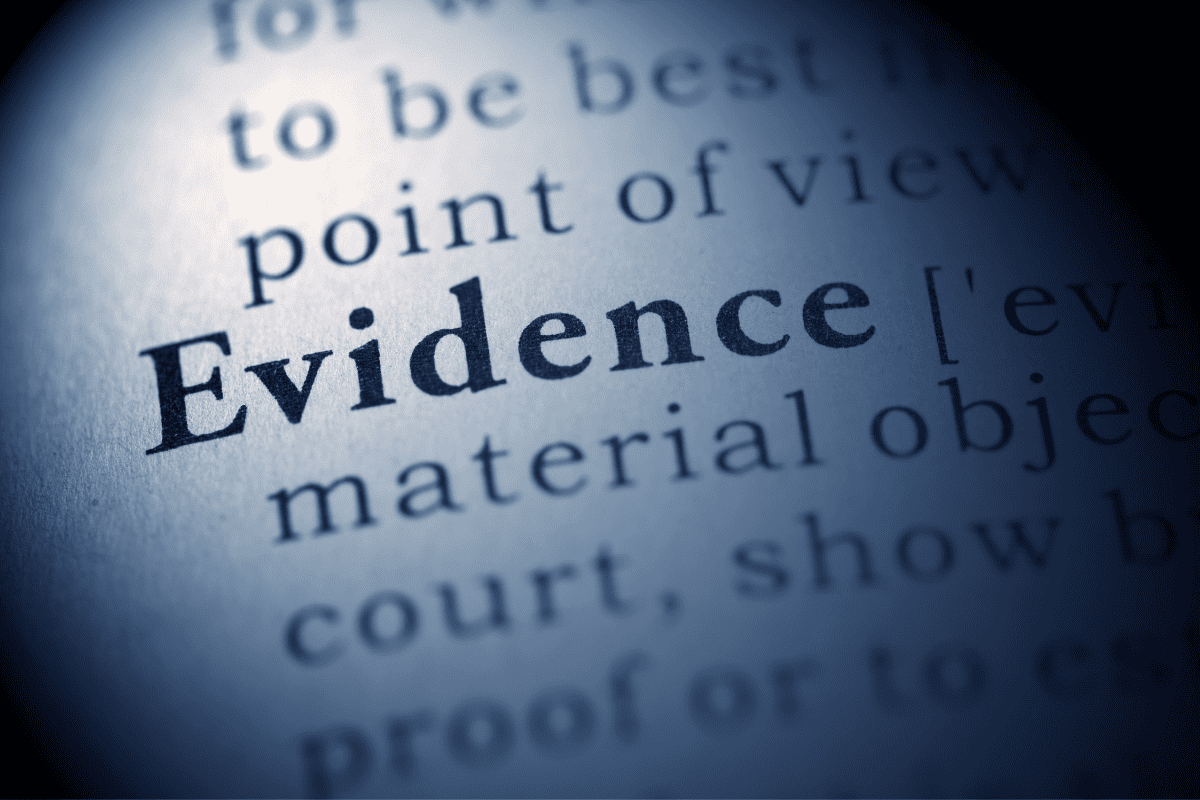In civil proceedings, evidence can be admitted in certain proceedings via Affidavits. For example, Affidavits are used in applications, motions and summary trials under Rule 76. But Affidavits are not admitted without scrutiny. The Ontario govern has sought fit to establish certain rules that must be followed in the drafting of Affidavits.
Rule 39 of the Rules of Civil Procedure
Rule 39 of the Rules of Civil Procedure provides the rules required to be followed in preparing Affidavits. These can be summarized as follows:
- Evidence on a motion or application may be given by Affidavit unless a statute or these rules provide otherwise;
- The Affidavits on which a motion or application is founded must be served with the Notice of Motion or Notice of Application, and must be filed with proof of service in the court office where the motion or application is to be heard at least 7 business days before the hearing;
- The Affidavits used at the hearing in opposition to a motion or application or in reply must be served and filed at least 4 business days before the hearing;
- On a motion, an Affidavit may contain statements of the deponent’s information and belief, if the source of the information and the fact of the belief are specified in the Affidavit;
- On an application, the Affidavit may contain statements of the deponent’s information and belief with respect to facts that are not contentious, if the source of the information and the fact of the belief are specified in the Affidavit;
- Where a motion or application is made without notice, the moving party or applicant shall make full and fair disclosure of all material facts, and failure to do so is, in itself, sufficient ground for setting aside any order obtained on the motion or application;
- Opinion evidence provided by an expert witness for the purposes of a motion or application shall include the information listed under Rule 53.03(2.1) [which governs expert reports].
Source of Information and Belief
Justice Corthorn recently provided further particulars of the information required to be in an Affidavit when the affiant relies on someone else’s information in their Affidavit. In Gordon v Gordon, 2022 ONSC 550, Justice Corthorn held that the Affidavit must specify the name of the individual who is the source of the information, as well as that source’s basis for the knowledge. In Gordon, it was insufficient for the estate trustee to state that her lawyers advised her of a specific fact. She was required to advise of the name of the specific lawyer, and provide evidence as to the experience of that lawyer with respect to estate law, as that was the information being relied on by the affiant.
Additionally, Justice Corthorn held that the evidence in an Affidavit must be just that – evidence. It cannot be conclusory.
Although the Court has the authority to grant relief from strict compliance with the Rules (per Rule 2 of the Rules of Civil Procedure), Justice Corthorn did not grant such relief in Gordon with respect to the Affidavit of the estate trustee. Rather, she struck out the non-complying paragraphs in the Affidavit.
Exhibits
Affiants must also attach their documentary evidence as exhibits to their Affidavit. Such exhibits are to be lettered (and not numbered).
The Court is strictly enforcing the Rules of Civil Procedure, so counsel and parties are reminded to review the Rules when drafting to ensure strict compliance. Failing to do so may result in evidence and statements being struck and not considered during the proceeding.
If you have a civil litigation file and require assistance, please contact one of our civil litigators at RichardsonHall LLP.
This content is not intended to provide legal advice or opinion as neither can be given without reference to specific events and situations.






